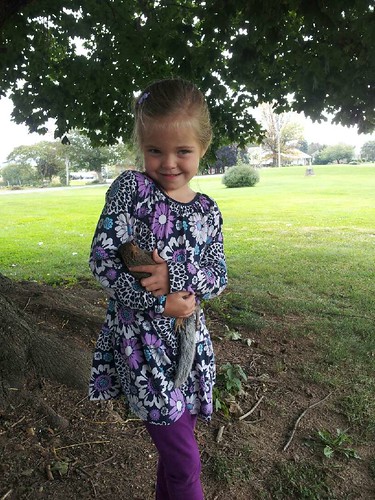In the past few years, I have dealt with a number of people who I felt were doing their jobs wrong. When I looked at the actions they took, I thought of many different ways that they could act and think differently. By differently, I meant “better”. I looked down on those people because they did not think or act as I thought they should. I lost sight of the people themselves because of the “glasses” of arrogance that I wore. My pride told me I was better. That pride led to anger. Frustrated, I would ask myself why they did not do things as they should be done (as I would do them.) I began to despise them. Whole groups of people became no more than targets of my distain.
This morning I was reminded of Proverbs 6 verses 16-19, which says:
There are six things that the Lord hates,seven that are an abomination to him: haughty eyes, a lying tongue, and hands that shed innocent blood, a heart that devises wicked plans, feet that make haste to run to evil, a false witness who breathes out lies, and one who sows discord among brothers.
In my arrogance I looked on my neighbors with haughty eyes. I spoke of them in pride and anger, and not as God sees them, so I spoke with a lying tongue. I was angry without cause, which is the same as shedding innocent blood. Looking at the rest of the 7, I realized that in my arrogance, I acted out each of these 7 abominations to God. That is not a good place to be. It is a scary place to be. God made it pretty clear that I am not lining up my life with the gospel.
I want my life to reflect the gospel. And what does the gospel say? “All we like sheep have gone astray; we have turned—every one—to his own way; and the LORD has laid on him the iniquity of us all.” —Isaiah 53.6 “They” are not the ones who are messed up and worthy of judgement, it is “we”, or, me. I am just as deserving of judgement and distain as those I looked down upon. I am more deserving of judgement if Jesus’ treatment of the Pharisees is any indication. Thankfully, judgement is not where the gospel leaves us. Even as my actions have been an abomination to God, Christ has taken my iniquity upon himself.
Wow. That is pretty cool to think over. Again, God has chosen to lift me out of the pit of my own slime, take the slime on himself, and clean me.
With this renewed perspective, how do I go forward? Micah 6.8 sums it up very nicely:
He has shown you, O mortal, what is good. And what does the LORD require of you? To act justly and to love mercy and to walk humbly with your God.
This is what God showed me in the mirror of these verses. Take a look for yourself.





